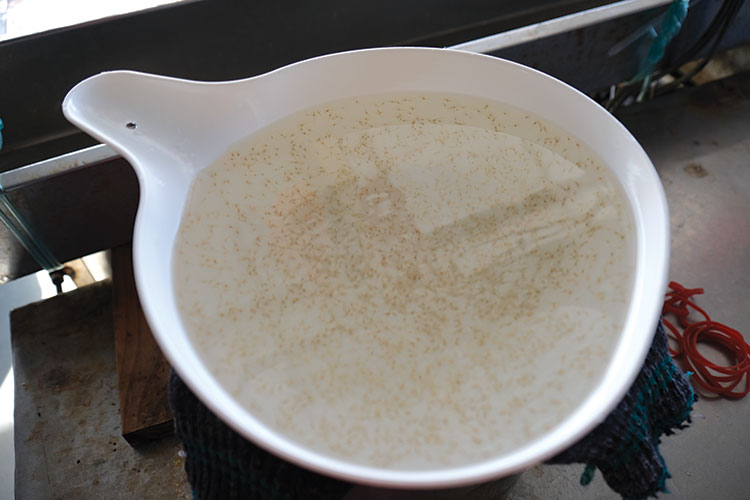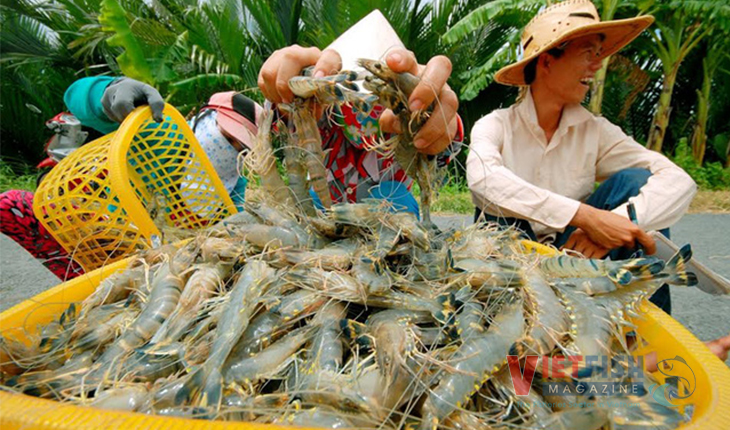The Vietnam Association of Seafood Exporters and Producers (VASEP) has submitted document No. 78/CV-VASEP to the Prime Minister’s Advisory Council for Administrative Procedure Reform, outlining issues and recommendations from seafood businesses for Q2/2024.
VASEP suggests amending point d, clause 2, Article 5 of Decree No. 132/2020/ND-CP to exclude transactions involving long-term loans between banks and enterprises for investment from being considered related-party transactions, thereby avoiding interest expense caps in corporate income tax calculations.
Regarding corporate income tax policy for seafood processing enterprises, VASEP addressed longstanding issues where local tax departments impose high tax rates up to 20% on the grounds that seafood products are from “preliminary processing” activities. Following VASEP’s recommendations and consultations with the Ministry of Agriculture and Rural Development, the Ministry of Finance issued document No. 2550/BTC-TCT on March 12, 2021, clarifying “seafood processing activities” for determining corporate income tax incentives. However, different localities are implementing this differently, so VASEP calls for consistent implementation through legal documents.
Seafood processing enterprises face difficulties in ensuring legally caught raw materials. The issuance of Raw Material Confirmation (S/C) certificates at various fishing ports often takes months, despite seafood being processed and exported within weeks. VASEP had previously reported this issue to the Ministry of Agriculture and Rural Development in report No. 01/BC-VASEP on January 9, 2024. VASEP now further urges the Ministry to change the approach in issuing S/C certificates immediately after unloading raw materials under port staff supervision, which is key to resolving current traceability and IUU control issues.
Regarding quarantine regulations for imported seafood for domestic consumption and export processing, VASEP notes a lack of guidance on “change of use purpose” in the Ministry’s import quarantine circulars. VASEP also highlights issues with Food Safety Certificates (H/C) for raw materials imported from New Zealand for EU export processing, where discrepancies between New Zealand’s H/C and Vietnam’s EU export program requirements led to rejections. VASEP recommends the Ministry of Agriculture and Rural Development recognize H/Cs from countries with EU agreements to address this.
VFM






